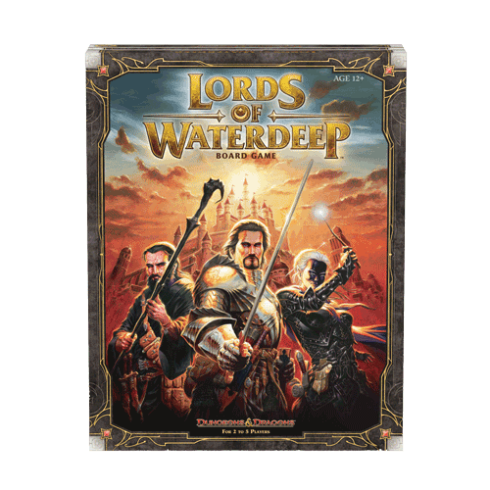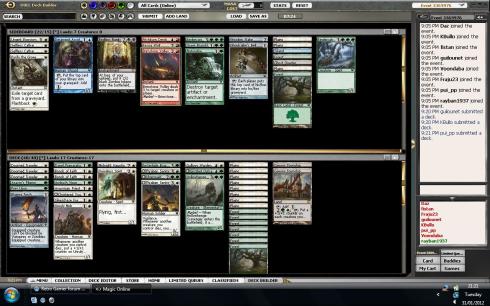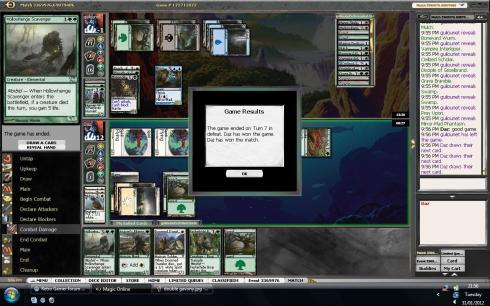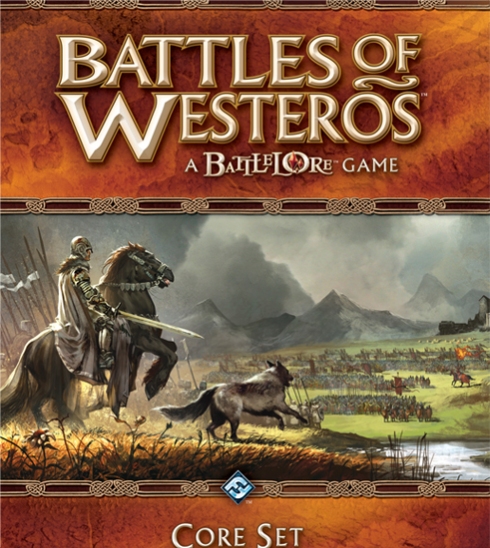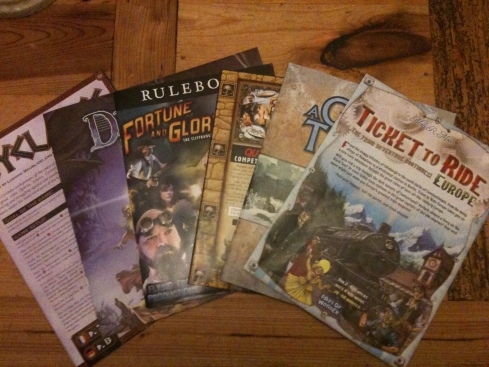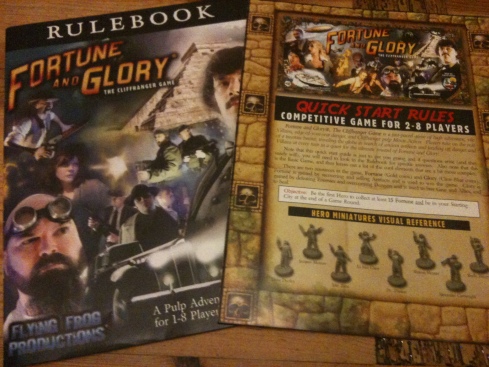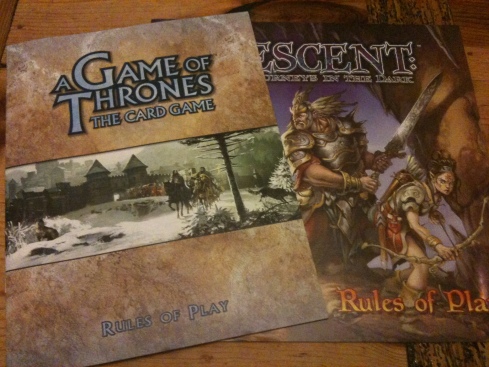
I’ve not played many board games that intentionally blend genres, but if they all do it as well as Cyclades does then I’m going to start tracking them down. Cyclades is a board game designed for 2-5 players, but it’s definitely suited for larger play groups, and is even more enjoyable if you’ve a love for Greek mythology.
How Long To Set It Up?
You can get all the pieces together and ready in about 5 minutes. It’s relatively straightforward to do, but does require a decent amount of space.
The Win Condition
Build or secure 2 metropolises before your opponents. You do this by either building four of the different structures that are available, collecting 4 philosphers, or simply taking a metropolis from another player by force.
What Makes It Special?
Cyclades big draw is that you must make offerings to 4 gods in order to get their help. Ares, the god of war grants you the ability to buy and move soldiers, and build fortresses, while Athena allows you to gain and buy philosophers and build universities. Poseidon lets you build fleets and move them and also allows you to build ports, while Zeus lets you buy priests and exchange monsters for new ones at a cost of one gold.
Only one player can earn the favour of a god, so everyone has a turn to place the highest bid (providing they have the gold) to earn a god’s favour. The starting play group determines how many gods are in play at any one time, so whoever fails to earn a gods favour (or simply wants to save money) can visit Apollo. Apollo gives you one gold and a horn of plenty piece that can be placed on one of the player’s island. Players get one gold piece for each horn of plenty icon they have, meaning sometimes it pays to purposely visit Apollo.

The gods have different abilities. You can only bid on one a turn, so be sure you get a god's favour when you actually need it.
How Does A Turn Work?
Quite simply really. First the order of the players (for bidding purposes) is randomly determined and the gods are shuffled and placed in vertical order on the left hand side of the board. Then gold is given out based on what a player owns. Once everyone have made a successful bid, the player who made the highest bid on the lead god goes first. He can perform any actions, or special actions that the god offers and also has the option to summon monsters, which can hinder the other players. Play then continues until every player has had a turn. It’s worth noting that priests allow you to bid less gold (one less for each priest you had) which makes Zeus very powerful early on in the game.
What are the components like?
Generally of a very high quality. The board is a little small for the box (it comes in two pieces with a flap that bends down) but it seems sturdy. A nice touch is that the board can also be flipped, so if you are playing with more people you have a larger playing area. There’s a large number of men and boats for each player, 8 in fact, while the game also comes with 5 large monster models. These monsters are very well detailed, but a little prone to bending (my centaur was in terrible shape and must be bent back at the start of each game). Monsters, philosophers and priest cards are nicely illustrated and sturdy, meaning they should soon plenty of use before they start getting dog-eared. The presentation throughout is of a very high standard, and I was extremely pleased with the amount of stuff you get for your money.

The monster cards are beautifully illustrated. In fact the overall quality of Cyclades is very good indeed.
What Are The Rules Like?
Pretty good. There’s a little disambiguation to be found, mainly with regards to the offerings, but there are plenty of illustrated pictures throughout the six pages that make many of the rules far easier to follow. The back page of the manuel also reveals how the set-ups for various players should be completed.
How long does a game take?
This obviously depends on the amount of players, but we’ve been managing 3 player games in about an hour and a half. The turns are relatively fast-paced as well, meaning that there’s very little downtime for each player, as they’re waiting between turns.
Should I buy it?
Definitely. I’ve been very impressed with Cyclades. It looks the business with excellent visuals and sturdy, well designed models. The game plays very quickly and it’s just as fun with 2 players as it is with 5. The theme is incredibly strong, and it does a great job of blending different genres. It’s worth noting that Cyclades doesn’t do anything new, but it’s very, very polished and highly enjoyable. Pick it up if you’re looking for something a little different.
Tags: board game, boardgame, cyclades, review

